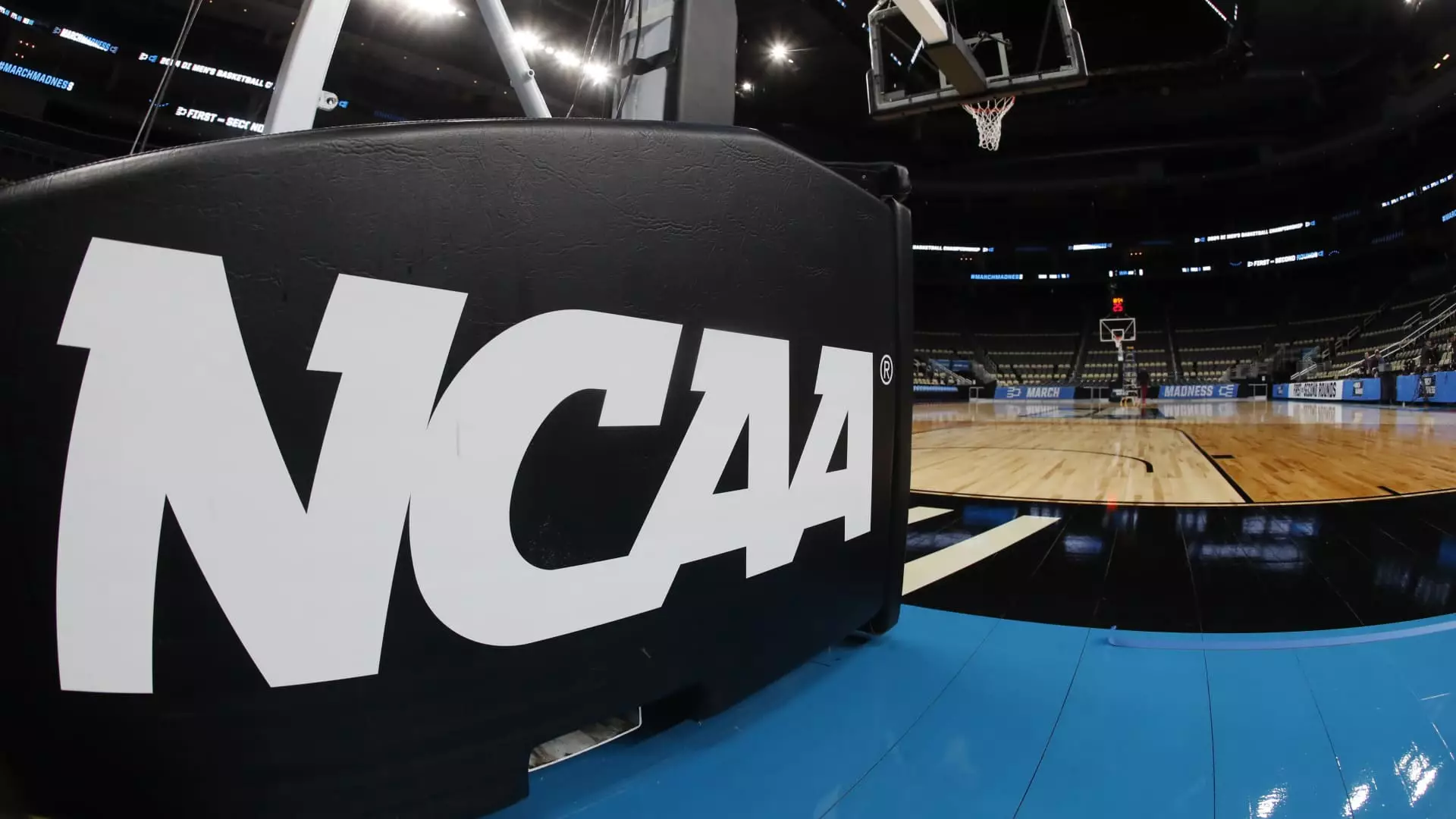The National Collegiate Athletic Association (NCAA) has recently enacted a controversial policy change regarding transgender athletes, particularly trans women participating in women’s sports. This alteration comes on the heels of an executive order from former President Donald Trump, which threatened to cut federal funding for institutions that permit such participation. This article aims to critically analyze the implications of this new policy, its alignment with broader societal views on gender and inclusion, and the responses it has elicited from various stakeholders.
Understanding the New Policy
Under the revised guidelines, individuals assigned male at birth may practice with women’s teams and access benefits, like medical care; however, they are outright banned from competing in official events. Furthermore, students assigned female at birth who are undergoing testosterone treatments or hormone therapy will similarly be excluded from women’s competitions. This binary interpretation of gender stands in stark contrast to the increasing recognition of gender fluidity and non-binary identities in contemporary discussions about gender.
NCAA President Charlie Baker articulated the necessity for uniform eligibility standards across the nation, suggesting that fragmented state laws create confusion and inequities. However, this emphasis on a singular standard raises questions about inclusivity and the basic rights of all athletes to compete, regardless of their gender identity or expression.
Historically, the NCAA deferred to Olympic standards, relying on national governing bodies to determine the eligibility of transgender athletes. This policy was in place until January 2022, when the NCAA recalibrated its stance under growing political pressure. The shift suggests that external political motivations may have overridden the organization’s commitment to athlete welfare and fair competition. It is imperative to analyze how this politicization of sports intersects with the rights of student-athletes and whether it dilutes the spirit of inclusion that sports are meant to embody.
For many advocates, including prominent figures like trans rights advocate Chris Mosier, the policy’s insistence on categorizing athletes based solely on their sex at birth underscores a problematic and outdated binary view of gender. This approach not only dismisses the complexities of transgender and non-binary identities but may also alienate intersex individuals and others who medically require hormone treatments. Mosier’s critique aptly summarizes widespread concern that such policies reflect an attempt to enforce traditional norms at the expense of an evolving understanding of human identity.
The backlash against the NCAA’s policy is palpable among LGBTQ+ groups. GLAAD issued a statement calling the move “deeply disturbing” and indicating that the changes lack medical, scientific, and ethical grounding. Their criticism emphasizes not just the scientific shortcomings in understanding hormone impacts on athletic performance, but also raises ethical questions concerning the rights and dignity of student-athletes. This response highlights a growing demand for policies to be informed by research and human experiences rather than political expediency or fear-driven narratives.
As the NCAA enforces this new policy, the tension between institutional regulation and individual rights remains at the forefront of the discussion. This situation presents an opportunity for a broader dialogue on how we can approve inclusive regulations that recognize the diversity of gender identities in sports. Going forward, it is crucial for the NCAA and similar organizations to foster policies that not only prioritize fair play but also embrace the complexity of human identities. A more balanced approach could enhance the collegiate athletic experience for all students, irrespective of gender identity, while still maintaining the integrity of competitive sports. The journey towards inclusivity and understanding in athletics is a necessary pursuit, one that must be guided by science, empathy, and a commitment to human rights.

